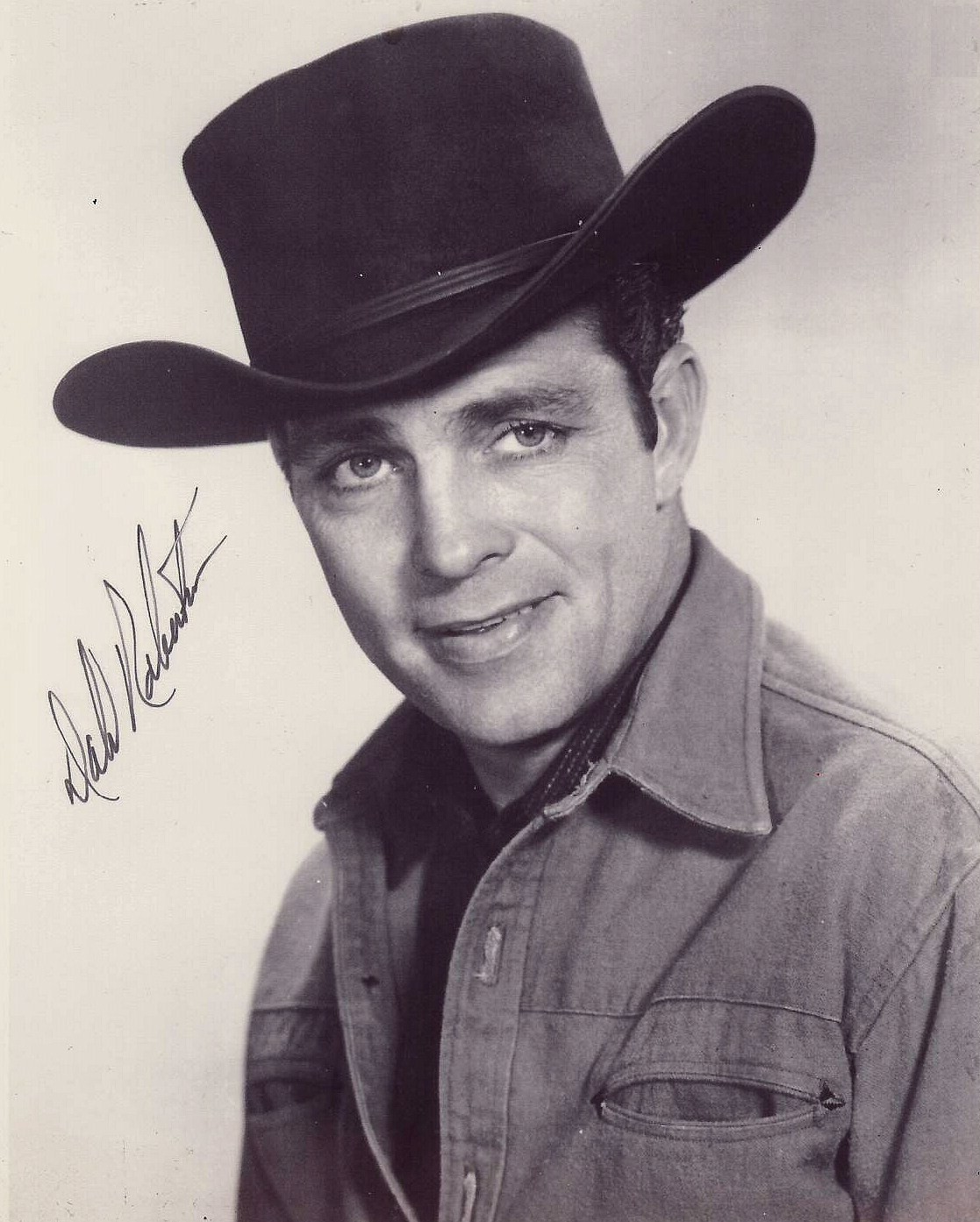Dale Robertson was a prominent figure in American cinema, known for his rugged good looks and charismatic performances. His career spanned several decades, during which he captivated audiences with his roles in Western films and television shows. In this article, we will explore the life, career, and lasting impact of Dale Robertson, shedding light on his contributions to the entertainment industry.
Table of Contents
- Biography of Dale Robertson
- Early Life and Career
- Rise to Fame
- Key Roles in Film and Television
- Personal Life
- Awards and Honors
- Legacy and Impact
- Conclusion
Biography of Dale Robertson
Dale Robertson was born as Dale Franklin Robertson. He was an American actor who made a significant impact in the film industry, particularly known for his roles in Westerns. Below is a brief overview of his personal details:
| Date of Birth | July 14, 1923 |
|---|---|
| Place of Birth | Harrah, Oklahoma, USA |
| Date of Death | February 27, 2013 |
| Occupation | Actor, Producer |
| Years Active | 1946-2013 |
Early Life and Career
Dale Robertson's journey to stardom began in his childhood. Growing up in a modest home, he developed a passion for acting and storytelling. After completing high school, he enlisted in the U.S. Army and served during World War II. Upon returning to civilian life, he pursued his dream of acting, starting with small roles in local theater productions.
His big break came in 1946 when he was cast in the film "The Boy with Green Hair." This role marked the beginning of his Hollywood career, paving the way for future opportunities in both film and television.
Rise to Fame
Dale Robertson's rise to fame was largely attributed to his performances in Westerns during the 1950s and 1960s. He starred in numerous films and television series that showcased his rugged persona and acting talent. Some of his notable works included:
- "The Fighting Man of the Plains" (1949)
- "The Wild West" (1952-1954)
- "The Iron Horse" (1966-1968)
His ability to portray complex characters in action-packed narratives resonated with audiences, establishing him as a leading figure in the genre.
Key Roles in Film and Television
Dale Robertson's filmography includes a variety of memorable roles that contributed to his reputation as a talented actor. Some of his key roles are:
"The Big Country" (1958)
In this epic Western film, Robertson played the role of a rival rancher, showcasing his versatility as an actor.
"Tales of Wells Fargo" (1957-1962)
This television series solidified his status as a Western star, with Robertson portraying the character of Jim Hardie, a Wells Fargo agent.
"Dallas" (1978-1991)
Robertson made guest appearances in the iconic soap opera, further expanding his reach to a new generation of viewers.
Personal Life
Dale Robertson was known to keep his personal life private, but it is known that he was married twice. His first marriage was to actress Mary Murphy, which lasted from 1949 until their divorce in 1955. He later married his second wife, a woman named Judith, in 1980, and they remained together until his passing.
In addition to his acting career, Robertson was also an avid horseman and loved spending time outdoors. His passion for horses often translated into his roles in Western films, where he was able to showcase his riding skills.
Awards and Honors
Dale Robertson received several accolades throughout his career, highlighting his contributions to the entertainment industry. Some of the notable awards include:
- Golden Boot Award for his contributions to Western films
- Western Heritage Awards
- Star on the Hollywood Walk of Fame
These honors reflect his dedication to his craft and the lasting impact he made in the film industry.
Legacy and Impact
Dale Robertson's legacy continues to influence aspiring actors and filmmakers. His work in Westerns helped define the genre and set the standard for future productions. Many of his films remain classics, celebrated for their storytelling and character development.
Moreover, Robertson's contributions to television paved the way for future Western series that followed in his footsteps. His ability to connect with audiences through compelling performances has solidified his status as a beloved figure in Hollywood history.
Conclusion
In conclusion, Dale Robertson was not just an actor; he was a cultural icon whose contributions to film and television have left a lasting impact. His legacy as a Western star continues to resonate with audiences, reminding us of the power of storytelling through performance. We encourage readers to share their thoughts on Dale Robertson's work and explore more articles about legendary figures in Hollywood.
Thank you for reading this article on Dale Robertson. We hope you found it informative and engaging. Please feel free to leave a comment or share this article with others who appreciate the art of cinema.



